The Illegitimacy of Jesus: A Feminist Theological Interpretation of the Infancy Narratives, Expanded Twentieth Anniversary Edition
Published: Oct 2006
Price range: £18.50 through £45.00
This work of impeccable New Testament scholarship was a sensation when it was first published in 1987. Jane Schaberg argued that Matthew and Luke were aware that Jesus had been conceived illegitimately, probably as a result of a rape of Mary, and had left in their Gospels some hints of that knowledge, even though their main purpose was to explore the theological significance of Jesus' birth. By having the Messiah born out of the exploitation of a woman of the poor, God demonstrates the vindication of the oppressed in a truly miraculous manner. Exegetical precision, theological passion, and an exquisite prose style are combined in this landmark book, whose importance is yet to be fully recognized.
Perhaps not surprisingly, the book and its author were vilified, even though scholarly reviewers found much to praise in it, and it still features on many classroom reading lists. For this Anniversary Edition, we have added Schaberg's own disturbing account of the reception of the book, and two extensive responses--one respectfully dissenting, one fully supportive--from other New Testament scholars.
The Illegitimacy of Jesus: A Feminist Theological Interpretation of the Infancy Narratives, Expanded Twentieth Anniversary Edition
Price range: £18.50 through £45.00
This work of impeccable New Testament scholarship was a sensation when it was first published in 1987. Jane Schaberg argued that Matthew and Luke were aware that Jesus had been conceived illegitimately, probably as a result of a rape of Mary, and had left in their Gospels some hints of that knowledge, even though their main purpose was to explore the theological significance of Jesus' birth. By having the Messiah born out of the exploitation of a woman of the poor, God demonstrates the vindication of the oppressed in a truly miraculous manner. Exegetical precision, theological passion, and an exquisite prose style are combined in this landmark book, whose importance is yet to be fully recognized.
Perhaps not surprisingly, the book and its author were vilified, even though scholarly reviewers found much to praise in it, and it still features on many classroom reading lists. For this Anniversary Edition, we have added Schaberg's own disturbing account of the reception of the book, and two extensive responses--one respectfully dissenting, one fully supportive--from other New Testament scholars.
The Intertextuality of the Epistles: Explorations of Theory and Practice
Published: Oct 2006
£55.00
The international conference held in Limerick, Ireland, in May 2005 produced far more than the usual collection of loosely related papers. Rather, this volume from the 17 contributors demarcates and organizes a whole field, serving as an indispensable introduction to intertextuality in general, and as an original examination of the topic in relation to the New Testament epistles.
The Intertextuality of the Epistles: Explorations of Theory and Practice
£55.00
The international conference held in Limerick, Ireland, in May 2005 produced far more than the usual collection of loosely related papers. Rather, this volume from the 17 contributors demarcates and organizes a whole field, serving as an indispensable introduction to intertextuality in general, and as an original examination of the topic in relation to the New Testament epistles.
Isaiah
Published: Oct 2006
Price range: £15.00 through £35.00
Peter Miscall's commentary on Isaiah was among the first volumes in the series Readings published by JSOT Press in 1993. Sheffield Phoenix Press is now relaunching the series, under the editorship of John Jarick, with a revised reprint of Miscall's work (including a new preface), and an entirely new volume on Haggai by Tim Meadowcroft.
The aim of the series remains to present compact literary readings of the biblical books, unencumbered by the paraphernalia of traditional criticism and alert to the impact of literary studies on biblical interpretation. Each contributor to the series approaches their text from their own personal literary position.
In this fine and characteristic study, Miscall concentrates especially on the play of images in the prophetic book, their interweaving and constant intertextuality.
Isaiah
Price range: £15.00 through £35.00
Peter Miscall's commentary on Isaiah was among the first volumes in the series Readings published by JSOT Press in 1993. Sheffield Phoenix Press is now relaunching the series, under the editorship of John Jarick, with a revised reprint of Miscall's work (including a new preface), and an entirely new volume on Haggai by Tim Meadowcroft.
The aim of the series remains to present compact literary readings of the biblical books, unencumbered by the paraphernalia of traditional criticism and alert to the impact of literary studies on biblical interpretation. Each contributor to the series approaches their text from their own personal literary position.
In this fine and characteristic study, Miscall concentrates especially on the play of images in the prophetic book, their interweaving and constant intertextuality.
Timothy’s Task, Paul’s Prospect: A New Reading of 2 Timothy
Published: Sep 2006
£55.00
In this challenging book, Craig Smith propounds the novel thesis that the famous lines in 2 Timothy 4 where 'Paul' announces that the time of his departure has come have been misunderstood. This is no farewell speech, Smith avers, and Paul is not intending to pass on the baton to his younger colleague, Timothy.
Deploying epistolary analysis and rhetorical criticism, Smith shows that these verses (4:1-8) do not have the literary structure or the vocabulary of a testament or a farewell; rather, they are a 'charge', an authoritative command, comprised of five specific formal elements. This charge form is found also in the exorcism command and in some magical texts, Christian and non-Christian.
From this perspective, Paul's being poured out as a libation is his experience of preaching to the Gentiles at his first trial, his 'departure' is the imminent release from prison that he is expecting, the fight he has fought and the race he has finished are his trial that he has withstood. Far from appointing Timothy as his successor, he is contemplating a continued companionship and collegiality as they continue their ministry together.
Timothy’s Task, Paul’s Prospect: A New Reading of 2 Timothy
£55.00
In this challenging book, Craig Smith propounds the novel thesis that the famous lines in 2 Timothy 4 where 'Paul' announces that the time of his departure has come have been misunderstood. This is no farewell speech, Smith avers, and Paul is not intending to pass on the baton to his younger colleague, Timothy.
Deploying epistolary analysis and rhetorical criticism, Smith shows that these verses (4:1-8) do not have the literary structure or the vocabulary of a testament or a farewell; rather, they are a 'charge', an authoritative command, comprised of five specific formal elements. This charge form is found also in the exorcism command and in some magical texts, Christian and non-Christian.
From this perspective, Paul's being poured out as a libation is his experience of preaching to the Gentiles at his first trial, his 'departure' is the imminent release from prison that he is expecting, the fight he has fought and the race he has finished are his trial that he has withstood. Far from appointing Timothy as his successor, he is contemplating a continued companionship and collegiality as they continue their ministry together.
Jesus as Prophet in the Fourth Gospel
Published: Sep 2006
£60.00
All the Gospels recognize Jesus as a prophet, but it is above all in the Gospel of John that this dimension of his work is stressed. Cho explores the many elements in the Gospel that add up to what can rightly be called a prophetic Christology. He shows that many of Jesus' words and some of his deeds are prophetic in character, and that Jesus is not just a prophet like the Old Testament prophets before him but the prophet like Moses expected for the times of the End.
Identifying Jesus as a prophet, Cho goes on to argue, is important within the narrative of the Gospel of John: it is a way-station on a journey of discovery towards a more profound appreciation of Jesus' identity. Recognizing Jesus as prophet is for John an initial step in coming to faith, and, in the overall Christology of the Gospel of John a significant element in attaining a balance between a high and a low Christology.
The construction of Jesus as prophet, though well evidenced in the Gospel, has received remarkably little attention in recent scholarly study, and Cho's work is a much-needed full-scale study of the theme.
Jesus as Prophet in the Fourth Gospel
£60.00
All the Gospels recognize Jesus as a prophet, but it is above all in the Gospel of John that this dimension of his work is stressed. Cho explores the many elements in the Gospel that add up to what can rightly be called a prophetic Christology. He shows that many of Jesus' words and some of his deeds are prophetic in character, and that Jesus is not just a prophet like the Old Testament prophets before him but the prophet like Moses expected for the times of the End.
Identifying Jesus as a prophet, Cho goes on to argue, is important within the narrative of the Gospel of John: it is a way-station on a journey of discovery towards a more profound appreciation of Jesus' identity. Recognizing Jesus as prophet is for John an initial step in coming to faith, and, in the overall Christology of the Gospel of John a significant element in attaining a balance between a high and a low Christology.
The construction of Jesus as prophet, though well evidenced in the Gospel, has received remarkably little attention in recent scholarly study, and Cho's work is a much-needed full-scale study of the theme.
James Rendel Harris: New Testament Autographs and Other Essays
Published: Aug 2006
£60.00
James Rendel Harris (1852 —1941) was one of the most prolific and influential New Testament scholars of his time. He opened new paths in textual criticism, brought to light hitherto lost early Christian writings and gathered major collections of Syriac manuscripts and Greek papyri.
An introductory essay sketches Rendel Harris's life and works, while the rest of the book collects published essays and unpublished lectures and letters written by Rendel Harris over a span of 50 years, providing an essential picture of his scholarship. The papers include a lively and first-hand account of the controversies over the Hort —Westcott Greek New Testament; the suggestion of using mathematical devices for reconstructing New Testament autographs; the finding of the only known Diatessaronic reading in a Greek New Testament; the account of Rendel Harris's initial 'discovery' of testimonia collections and his two last daring essays on the topic; one of the first proposals of a wisdom hymn lying behind John's prologue (including the author's unpublished notes for a future edition); and, finally, an entertaining guide for the manuscript hunter.
The personal correspondence at the end of the volume throws light on the driving forces of Rendel Harris's scholarship and on his own assessment of his work on the testimonia. The goal of his studies was to draw attention to new or little-explored topics and to provoke his colleagues to carry out fresh research on what they had overlooked. This collection aims at the same goal.
James Rendel Harris: New Testament Autographs and Other Essays
£60.00
James Rendel Harris (1852 —1941) was one of the most prolific and influential New Testament scholars of his time. He opened new paths in textual criticism, brought to light hitherto lost early Christian writings and gathered major collections of Syriac manuscripts and Greek papyri.
An introductory essay sketches Rendel Harris's life and works, while the rest of the book collects published essays and unpublished lectures and letters written by Rendel Harris over a span of 50 years, providing an essential picture of his scholarship. The papers include a lively and first-hand account of the controversies over the Hort —Westcott Greek New Testament; the suggestion of using mathematical devices for reconstructing New Testament autographs; the finding of the only known Diatessaronic reading in a Greek New Testament; the account of Rendel Harris's initial 'discovery' of testimonia collections and his two last daring essays on the topic; one of the first proposals of a wisdom hymn lying behind John's prologue (including the author's unpublished notes for a future edition); and, finally, an entertaining guide for the manuscript hunter.
The personal correspondence at the end of the volume throws light on the driving forces of Rendel Harris's scholarship and on his own assessment of his work on the testimonia. The goal of his studies was to draw attention to new or little-explored topics and to provoke his colleagues to carry out fresh research on what they had overlooked. This collection aims at the same goal.
Creation and Creativity: From Genesis to Genetics and Back
Published: Aug 2006
Price range: £18.50 through £40.00
The idea of creation and creativity is among the most powerful and pervasive of metaphors bequeathed to the modern world by the scriptures of Judaism, Christianity and Islam.
Twelve specialists here explore the original sources and contemporary manifestations of the theme in both high and low culture, from the Book of Genesis to James Joyce's Ulysses, Children of Gebalawi by the Egyptian novelist Naguib Mahfouz, and the Polish poetry of Wislawa Szymborska, and to popular films, such as Bruce Almighty and Animatrix, and animation films for children.
Even current debates on genetics and ecology and the public exhibition of plastinated human bodies invoke these same themes, and make this volume a topical contribution to cultural studies today.
This is the first volume of the Amsterdam Studies in the Bible and Religion (ed. Athalya Brenner), a sub-series of The Bible in the Modern World .
Creation and Creativity: From Genesis to Genetics and Back
Price range: £18.50 through £40.00
The idea of creation and creativity is among the most powerful and pervasive of metaphors bequeathed to the modern world by the scriptures of Judaism, Christianity and Islam.
Twelve specialists here explore the original sources and contemporary manifestations of the theme in both high and low culture, from the Book of Genesis to James Joyce's Ulysses, Children of Gebalawi by the Egyptian novelist Naguib Mahfouz, and the Polish poetry of Wislawa Szymborska, and to popular films, such as Bruce Almighty and Animatrix, and animation films for children.
Even current debates on genetics and ecology and the public exhibition of plastinated human bodies invoke these same themes, and make this volume a topical contribution to cultural studies today.
This is the first volume of the Amsterdam Studies in the Bible and Religion (ed. Athalya Brenner), a sub-series of The Bible in the Modern World .
Leadership Succession in the World of the Pauline Circle
Published: Jun 2006
£50.00
Since New Testament times, the discussion of leadership succession in the church has always been polemical. But what the New Testament, especially in the Pastoral Epistles, means in speaking of succession deserves a more sober investigation in the light of the literary tradition about succession in the ancient Mediterranean world.
How is succession actually depicted in Graeco-Roman texts and in Jewish and early Christian texts of that world? This book undertakes, for the first time, a thoroughgoing analysis of the evidence, deftly laying out the data from a wide range of Greek and Roman writers. The question then becomes how the early readers of the New Testament, conditioned by prior knowledge of such epistolary and other literary conventions, would have interpreted Paul's relationship with his delegates like Timothy and Titus, and how they would have conceived the ministry portrayed in the Pastorals as passing from a leader to a successor.
Stepp's study has important implications both for our understanding of the ancient Mediterranean world and for our conceptions of ordination and ministry in the New Testament.
Leadership Succession in the World of the Pauline Circle
£50.00
Since New Testament times, the discussion of leadership succession in the church has always been polemical. But what the New Testament, especially in the Pastoral Epistles, means in speaking of succession deserves a more sober investigation in the light of the literary tradition about succession in the ancient Mediterranean world.
How is succession actually depicted in Graeco-Roman texts and in Jewish and early Christian texts of that world? This book undertakes, for the first time, a thoroughgoing analysis of the evidence, deftly laying out the data from a wide range of Greek and Roman writers. The question then becomes how the early readers of the New Testament, conditioned by prior knowledge of such epistolary and other literary conventions, would have interpreted Paul's relationship with his delegates like Timothy and Titus, and how they would have conceived the ministry portrayed in the Pastorals as passing from a leader to a successor.
Stepp's study has important implications both for our understanding of the ancient Mediterranean world and for our conceptions of ordination and ministry in the New Testament.
Decolonizing Josiah: Toward a Postcolonial Reading of the Deuteronomistic History
Published: Jun 2006
Price range: £18.95 through £50.00
In the prevailing view, the Deuteronomistic History is the first and archetypical Western history, describing the creation of an Israelite state in Palestine as the origin of civilization in the region, a hegemonic culture rendering the other inhabitants of the country homeless in their own land. That view of Davidic domination over greater Palestine, fashioned under Josiah, has been given a modern nationalist reading by contemporary scholars, a reading consistent with the vast array of covert cultural confirmations of Euro-American imperial power.
How is it possible, Kim asks, given the all-encompassing sway of the colonialist reading of the Bible, to understand Josiah in other than colonialist terms? His answer: the historical imagination, making unfettered use of the tools of the critical historian, must be informed by the experience of those who have lived as the other, as the colonized, as not at home in their own land —which means, for Kim, the experience of being Asian American. The intellectual use of this experience creates his distinctive postcolonial perspective, as he draws attention to the connection between Western imperialism and the production of Western knowledge. Specifically, the author reads the story of Josiah intercontextually with the experience of Asian Americans from the space of liminality.
This is a passionate postcolonial reading of Josiah that, on one hand, critiques the failure of biblical studies to come to terms with its colonialist legacy and, on the other hand, connects the world of biblical studies to the world at large.
Decolonizing Josiah: Toward a Postcolonial Reading of the Deuteronomistic History
Price range: £18.95 through £50.00
In the prevailing view, the Deuteronomistic History is the first and archetypical Western history, describing the creation of an Israelite state in Palestine as the origin of civilization in the region, a hegemonic culture rendering the other inhabitants of the country homeless in their own land. That view of Davidic domination over greater Palestine, fashioned under Josiah, has been given a modern nationalist reading by contemporary scholars, a reading consistent with the vast array of covert cultural confirmations of Euro-American imperial power.
How is it possible, Kim asks, given the all-encompassing sway of the colonialist reading of the Bible, to understand Josiah in other than colonialist terms? His answer: the historical imagination, making unfettered use of the tools of the critical historian, must be informed by the experience of those who have lived as the other, as the colonized, as not at home in their own land —which means, for Kim, the experience of being Asian American. The intellectual use of this experience creates his distinctive postcolonial perspective, as he draws attention to the connection between Western imperialism and the production of Western knowledge. Specifically, the author reads the story of Josiah intercontextually with the experience of Asian Americans from the space of liminality.
This is a passionate postcolonial reading of Josiah that, on one hand, critiques the failure of biblical studies to come to terms with its colonialist legacy and, on the other hand, connects the world of biblical studies to the world at large.
I Have Written to the King, My Lord’: Secular Analogies for the Psalms
Published: Jun 2006
Price range: £12.95 through £35.00
The psalms in the Hebrew Bible have often been compared with the religious texts of Mesopotamia, Egypt and Canaan. Roger Tomes shows, in this incisive monograph, how the letters of the ancient Near East, from Mari, Amarna, Ugarit, Nimrud and Nineveh, are an equally rewarding analogue.
In them we find suppliants, caught in crisis situations, appealing to their rulers; they use the same arguments to persuade them to act as the psalmists in their appeals to God: protestations of innocence, confession of faults, promises of loyalty, descriptions of plight, appeal to the other's own interests, direct reproaches and quotation of the reproaches of enemies, and expressions of dependence. These are parallels that have much to teach us about the social position of the psalmists and their relationship to the cult.
I Have Written to the King, My Lord’: Secular Analogies for the Psalms
Price range: £12.95 through £35.00
The psalms in the Hebrew Bible have often been compared with the religious texts of Mesopotamia, Egypt and Canaan. Roger Tomes shows, in this incisive monograph, how the letters of the ancient Near East, from Mari, Amarna, Ugarit, Nimrud and Nineveh, are an equally rewarding analogue.
In them we find suppliants, caught in crisis situations, appealing to their rulers; they use the same arguments to persuade them to act as the psalmists in their appeals to God: protestations of innocence, confession of faults, promises of loyalty, descriptions of plight, appeal to the other's own interests, direct reproaches and quotation of the reproaches of enemies, and expressions of dependence. These are parallels that have much to teach us about the social position of the psalmists and their relationship to the cult.
Reframing Her: Biblical Women in Postcolonial Focus
Published: Jun 2006
Price range: £15.95 through £35.00
How does one read the story of Sarah and Hagar, or Jezebel and Rahab today, if one is a woman reader situated in a postcolonial society?
This is the question undergirding this work, which considers a selection of biblical texts in which women have significant roles. Employing both a gender and a postcolonial lens, it asks sharp questions both of the interests embedded in the texts themselves and of their impact upon contemporary women readers.
Whereas most postcolonial studies have been undertaken from the perspective of the colonized this work reads the texts from the position of a settler descendant, and is an attempt to engage with the disquietening and challenging questions that reading from such a location raises. Letters from early settler women in New Zealand, contemporary fiction, and personal reminiscence become tools for the task, complementing those traditionally employed in critical biblical readings.
Reframing Her: Biblical Women in Postcolonial Focus
Price range: £15.95 through £35.00
How does one read the story of Sarah and Hagar, or Jezebel and Rahab today, if one is a woman reader situated in a postcolonial society?
This is the question undergirding this work, which considers a selection of biblical texts in which women have significant roles. Employing both a gender and a postcolonial lens, it asks sharp questions both of the interests embedded in the texts themselves and of their impact upon contemporary women readers.
Whereas most postcolonial studies have been undertaken from the perspective of the colonized this work reads the texts from the position of a settler descendant, and is an attempt to engage with the disquietening and challenging questions that reading from such a location raises. Letters from early settler women in New Zealand, contemporary fiction, and personal reminiscence become tools for the task, complementing those traditionally employed in critical biblical readings.
The Michal Affair: From Zimri-Lim to the Rabbis
Published: Jun 2006
Price range: £15.95 through £50.00
This fresh approach to the story of Michal, daughter of Saul and wife of David, juxtaposes three quite different interpretative methods: narratological, historical, and history of traditions.
In his first chapter Bodi offers a subtle political reading of the Michal story, bringing to the fore the power-struggle between Saul and David that forms its main intrigue. Michal's personal tragedy foreshadows that of the Israelite monarchy and prefigures its end. It is a unique phenomenon in ancient Near Eastern literature that the story of a woman should serve as a means of criticizing the abuses of the monarchy and deconstructing the royal ideology.
The second chapter compares the daughters of Saul and the daughters of Zimri-Lim. This eighteenth-century BCE tribal king of Mari offered his two daughters Kirum and Shimatum to the same vassal in order to be able to spy on him. Saul seems to have done something similar with his daughters Merab and Michal, both offered to David. The unhappy marriage of Kirum ended in divorce. Although the announcement of the divorce was made by her husband in a public ceremony, it was prompted by the royal princess —the first example of a divorce initiated by a woman in ancient Near Eastern texts.
The third chapter explores a rich variety of rabbinic interpretations of key moments in the Michal story. Important and often little known observations are drawn from both the Talmuds and from midrashic works such as Abrabanel and anthologies like Midrash Rabbah, Yalqut Shimoni, Meam Loez and Malbim, together with the comments by Rashi and Qimhi.
Both the narratological investigation and the rabbinic interpretations point to David's guilt during his dance in front of the ark. The rabbis indeed attributed the exile of the nation to David's misdeeds. A careful reading of the biblical texts dealing with the figure of David in his relationship with his first wife Michal reaches the same conclusion: He is not exactly the man he pretends to be.
The Michal Affair: From Zimri-Lim to the Rabbis
Price range: £15.95 through £50.00
This fresh approach to the story of Michal, daughter of Saul and wife of David, juxtaposes three quite different interpretative methods: narratological, historical, and history of traditions.
In his first chapter Bodi offers a subtle political reading of the Michal story, bringing to the fore the power-struggle between Saul and David that forms its main intrigue. Michal's personal tragedy foreshadows that of the Israelite monarchy and prefigures its end. It is a unique phenomenon in ancient Near Eastern literature that the story of a woman should serve as a means of criticizing the abuses of the monarchy and deconstructing the royal ideology.
The second chapter compares the daughters of Saul and the daughters of Zimri-Lim. This eighteenth-century BCE tribal king of Mari offered his two daughters Kirum and Shimatum to the same vassal in order to be able to spy on him. Saul seems to have done something similar with his daughters Merab and Michal, both offered to David. The unhappy marriage of Kirum ended in divorce. Although the announcement of the divorce was made by her husband in a public ceremony, it was prompted by the royal princess —the first example of a divorce initiated by a woman in ancient Near Eastern texts.
The third chapter explores a rich variety of rabbinic interpretations of key moments in the Michal story. Important and often little known observations are drawn from both the Talmuds and from midrashic works such as Abrabanel and anthologies like Midrash Rabbah, Yalqut Shimoni, Meam Loez and Malbim, together with the comments by Rashi and Qimhi.
Both the narratological investigation and the rabbinic interpretations point to David's guilt during his dance in front of the ark. The rabbis indeed attributed the exile of the nation to David's misdeeds. A careful reading of the biblical texts dealing with the figure of David in his relationship with his first wife Michal reaches the same conclusion: He is not exactly the man he pretends to be.
Sowing the Word: The Cultural Impact of the British and Foreign Bible Society 1804-2004
Published: Jun 2006
Price range: £19.50 through £60.00
In March 2004, a group of 30 historians who have been fascinated by the work of the British and Foreign Bible Society met in London to share their researches, in celebration of the 200th anniversary of the Society (now part of the United Bible Societies).
A common thread to their papers was the indelible effect the Society's work has had around the world, not only in bringing the Bible to people of many countries in their own language, but also in helping to create many national identities and cultures. The Bible was often the first printed book in a language, and so the primer for those learning to read. It had an enormous influence on education, the development of written languages, and the outlook of leaders and ordinary people alike throughout Europe, Asia and Africa.
In the 19 papers of this volume, focussing on Britain, West Africa, East Asia, Russia, Europe and North America, readers will find a wealth of absorbing detail. There are the stories of those who translated the Bible into the languages of China and Russia, into the native languages of nineteenth-century Canada, and into many other languages of the world. There are the intriguing tales of those who distributed Bibles, including the many women such as the Bible Women, who found a freedom they otherwise lacked in organizing networks for circulating the Scriptures.
Not forgotten either are those colourful characters, like the maverick George Borrow in Spain, who took enormous risks for the Society in selling Bibles in countries where a vernacular Bible was not welcomed by the authorities.
Sowing the Word: The Cultural Impact of the British and Foreign Bible Society 1804-2004
Price range: £19.50 through £60.00
In March 2004, a group of 30 historians who have been fascinated by the work of the British and Foreign Bible Society met in London to share their researches, in celebration of the 200th anniversary of the Society (now part of the United Bible Societies).
A common thread to their papers was the indelible effect the Society's work has had around the world, not only in bringing the Bible to people of many countries in their own language, but also in helping to create many national identities and cultures. The Bible was often the first printed book in a language, and so the primer for those learning to read. It had an enormous influence on education, the development of written languages, and the outlook of leaders and ordinary people alike throughout Europe, Asia and Africa.
In the 19 papers of this volume, focussing on Britain, West Africa, East Asia, Russia, Europe and North America, readers will find a wealth of absorbing detail. There are the stories of those who translated the Bible into the languages of China and Russia, into the native languages of nineteenth-century Canada, and into many other languages of the world. There are the intriguing tales of those who distributed Bibles, including the many women such as the Bible Women, who found a freedom they otherwise lacked in organizing networks for circulating the Scriptures.
Not forgotten either are those colourful characters, like the maverick George Borrow in Spain, who took enormous risks for the Society in selling Bibles in countries where a vernacular Bible was not welcomed by the authorities.
The Coming King and the Rejected Shepherd: Matthew’s Reading of Zechariah’s Messianic Hope
Published: Jun 2006
Price range: £15.95 through £60.00
Surprisingly, this is the first full-length study devoted to Matthew's use of Zechariah by way of quotation and allusion. Three times he cites Zechariah (21.5; 26.31; 27.9-10), and on at least eight occasions he alludes to the prophet (23.35; 24.30, 31, 36; 25.31; 26.15, 28, 56).
It is the messianic vision of Zechariah that has appealed to Matthew, with its elements of the restoration of the humble Davidic king, the smiting of the divinely appointed shepherd, the creation of a renewed remnant, and the worship of Yahweh by all nations.
Among the questions Ham undertakes to resolve in this precise and clearly presented monograph are: how much Matthew's reading of Zechariah owes to his Jewish predecessors, how much he is in harmony with other early Christian readers of the prophet, and to what extent his image of Jesus has been shaped by Zechariah's eschatological hopes.
The Coming King and the Rejected Shepherd: Matthew’s Reading of Zechariah’s Messianic Hope
Price range: £15.95 through £60.00
Surprisingly, this is the first full-length study devoted to Matthew's use of Zechariah by way of quotation and allusion. Three times he cites Zechariah (21.5; 26.31; 27.9-10), and on at least eight occasions he alludes to the prophet (23.35; 24.30, 31, 36; 25.31; 26.15, 28, 56).
It is the messianic vision of Zechariah that has appealed to Matthew, with its elements of the restoration of the humble Davidic king, the smiting of the divinely appointed shepherd, the creation of a renewed remnant, and the worship of Yahweh by all nations.
Among the questions Ham undertakes to resolve in this precise and clearly presented monograph are: how much Matthew's reading of Zechariah owes to his Jewish predecessors, how much he is in harmony with other early Christian readers of the prophet, and to what extent his image of Jesus has been shaped by Zechariah's eschatological hopes.
Studies in Paul, Exegetical and Theological
Published: Jun 2006
Price range: £15.95 through £65.00
Masterly, balanced, concise, jargon-free essays on topics central to the theology of Paul, remaining closely in touch with the biblical text itself while always alert to the range of scholarly opinion and debate. These eleven articles from a recognized leader among New Testament scholars are an attractive entry-point for students into key aspects of Paul's thought, and are, equally, well worth revisiting by experienced scholars.
Two essays concern Paul's personal life, one of them on the impact of his conversion on his understanding of Jesus, the other on his experience of prayer. In the context of Galatians, Longenecker explores the idea of the 'pedagogue', and in the context of Romans the questions of its addressees and its purpose. Other themes are Paul's vision of community formation, his concept of mutuality, and the variability of his responses to opponents. In the last three essays, the focus is on Paul's theology of the resurrection —its basis, its background in Jewish thinking, and whether his thought on the subject underwent development.
Studies in Paul, Exegetical and Theological
Price range: £15.95 through £65.00
Masterly, balanced, concise, jargon-free essays on topics central to the theology of Paul, remaining closely in touch with the biblical text itself while always alert to the range of scholarly opinion and debate. These eleven articles from a recognized leader among New Testament scholars are an attractive entry-point for students into key aspects of Paul's thought, and are, equally, well worth revisiting by experienced scholars.
Two essays concern Paul's personal life, one of them on the impact of his conversion on his understanding of Jesus, the other on his experience of prayer. In the context of Galatians, Longenecker explores the idea of the 'pedagogue', and in the context of Romans the questions of its addressees and its purpose. Other themes are Paul's vision of community formation, his concept of mutuality, and the variability of his responses to opponents. In the last three essays, the focus is on Paul's theology of the resurrection —its basis, its background in Jewish thinking, and whether his thought on the subject underwent development.
Studies in Hermeneutics, Christology and Discipleship
Published: Jun 2006
£65.00
These eleven lucid, fresh, and thought-provoking essays from a master-craftsman among New Testament scholars reflect his conviction that these three topics —hermeneutics, Christology and discipleship —must always be considered together.
In the first set of essays, Longenecker sets out his distinctive take on the nature of an evangelical hermeneutics.
In the second set, he focusses on what he calls the 'foundational conviction of New Testament Christology', the obedience / faithfulness / sonship of Christ, and brings back into discussion often forgotten dimensions of Christology. Here he explores a range of christological materials and motifs within the early Christian communities, with special studies on the concept of the virgin birth and on the curious case of the Melchizedek Christology in Hebrews.
The third set, both practical and exegetical, are, as he says, 'where the rubber meets the road', and concern the implications of the 'Son of Man' imagery for discipleship and the theme of discipleship in Luke —Acts.
Studies in Hermeneutics, Christology and Discipleship
£65.00
These eleven lucid, fresh, and thought-provoking essays from a master-craftsman among New Testament scholars reflect his conviction that these three topics —hermeneutics, Christology and discipleship —must always be considered together.
In the first set of essays, Longenecker sets out his distinctive take on the nature of an evangelical hermeneutics.
In the second set, he focusses on what he calls the 'foundational conviction of New Testament Christology', the obedience / faithfulness / sonship of Christ, and brings back into discussion often forgotten dimensions of Christology. Here he explores a range of christological materials and motifs within the early Christian communities, with special studies on the concept of the virgin birth and on the curious case of the Melchizedek Christology in Hebrews.
The third set, both practical and exegetical, are, as he says, 'where the rubber meets the road', and concern the implications of the 'Son of Man' imagery for discipleship and the theme of discipleship in Luke —Acts.
Theory and Method in Biblical and Cuneiform Law: Revision, Interpolation, and Development
Published: May 2006
£15.00
This seminal work, first published by Sheffield Academic Press in the JSOT Supplement Series, remains in demand among scholars of biblical and cuneiform law, as well as among all those interested in the Pentateuchal traditions. The essays in the collection focus on two crucial topics that have been too much neglected in recent debate on the formation of the Pentateuch: (1) biblical law, and the development of Israelite legal institutions, and (2) the significance of ancient Near Eastern law as a model for the composition and editorial history of the Pentateuch.
To correct the imbalance, the contributors to this volume investigate whether the biblical and cuneiform legal corpora underwent a process of literary revision and interpolation. If so, what is the evidence for it, and how did such revision take place? If not, how are the textual phenomena to be explained?
The contributors are: Raymond Westbrook, Bernard M. Levinson, Samuel Greengus, Martin Buss, Sophie Lafont, Victor H. Matthews, William Morrow, Dale Patrick and Eckart Otto.
Theory and Method in Biblical and Cuneiform Law: Revision, Interpolation, and Development
£15.00
This seminal work, first published by Sheffield Academic Press in the JSOT Supplement Series, remains in demand among scholars of biblical and cuneiform law, as well as among all those interested in the Pentateuchal traditions. The essays in the collection focus on two crucial topics that have been too much neglected in recent debate on the formation of the Pentateuch: (1) biblical law, and the development of Israelite legal institutions, and (2) the significance of ancient Near Eastern law as a model for the composition and editorial history of the Pentateuch.
To correct the imbalance, the contributors to this volume investigate whether the biblical and cuneiform legal corpora underwent a process of literary revision and interpolation. If so, what is the evidence for it, and how did such revision take place? If not, how are the textual phenomena to be explained?
The contributors are: Raymond Westbrook, Bernard M. Levinson, Samuel Greengus, Martin Buss, Sophie Lafont, Victor H. Matthews, William Morrow, Dale Patrick and Eckart Otto.
Jeremiah, Volume 1
Published: May 2006
£17.50
In this remarkable commentary, first published in 1986, Carroll offered the first systematic study of the book that turned its back on the prevailing trend to use the book to reconstruct the historical Jeremiah, propounding rather the view that the book was the compilation of many small units, much edited and reworked, which were rarely connected originally with a prophet Jeremiah.
Carroll's work has all the expected features of a major biblical commentary: thorough investigation of the original text, in this case also of the sharply divergent Septuagint translation, deep acquaintance with the scholarly literature on the book, unceasing close reading of the work in its final shape and in its detail. But it adds a distinctively Carrollian dimension: its unrelenting analysis of the often conflicting ideological and theological forces that created every aspect of the book, demanding of its readers that they approach it as an unremittingly intellectual literary work.
Unaccountably, this commentary, published originally in the Old Testament Library series of Westminster Press in the USA and SCM Press in the UK, has gone out of print. Sheffield Phoenix Press offers this reprinted edition both because of its continuing significance and as a personal tribute to its author, whose untimely death occurred in 2000.
Jeremiah, Volume 1
£17.50
In this remarkable commentary, first published in 1986, Carroll offered the first systematic study of the book that turned its back on the prevailing trend to use the book to reconstruct the historical Jeremiah, propounding rather the view that the book was the compilation of many small units, much edited and reworked, which were rarely connected originally with a prophet Jeremiah.
Carroll's work has all the expected features of a major biblical commentary: thorough investigation of the original text, in this case also of the sharply divergent Septuagint translation, deep acquaintance with the scholarly literature on the book, unceasing close reading of the work in its final shape and in its detail. But it adds a distinctively Carrollian dimension: its unrelenting analysis of the often conflicting ideological and theological forces that created every aspect of the book, demanding of its readers that they approach it as an unremittingly intellectual literary work.
Unaccountably, this commentary, published originally in the Old Testament Library series of Westminster Press in the USA and SCM Press in the UK, has gone out of print. Sheffield Phoenix Press offers this reprinted edition both because of its continuing significance and as a personal tribute to its author, whose untimely death occurred in 2000.
Sexual Transgression in the Hebrew Bible
Published: Mar 2006
£60.00
The sex laws of the Hebrew Bible are well known, if not notorious. From them many have concluded that in ancient Israel adultery was a capital crime, that there was no conception of rape, that brides had to be virgins, and that women had no autonomy whatsoever. But was that the reality? Not if we broaden our horizon beyond the laws, argues Lipka, who focusses here on sexual transgression, that is, the trespass against sexual boundaries.
She finds three aspects of sexual transgression: it may be transgression against religious boundaries (sexual acts violating divine law), against communal boundaries (sexual acts violating the rights of another member of the community), or against personal boundaries (sexual acts imposed by force and/or violence). Transgressive sex is complicated.
But some conclusions are possible. (1) Though adultery was universally disapproved of, there was a wide variety of opinions on who was considered guilty, who was considered the offended party, who was punished, what the punishment was, and who should execute it. (2) There was indeed a conception of rape, with an understanding of its devastating emotional and psychological consequences for the victim. (3) Though virginity in brides was the norm, and young women were under a great deal of pressure to preserve their virginity, it was unrealistic for all men in ancient Israel to expect their wives to be virgins. (4) Women did not enjoy legal autonomy over their sexuality, yet they were not completely powerless; they had some degree of personal sexual autonomy, and some took the liberty of doing with their bodies as they pleased.
Sexual Transgression in the Hebrew Bible
£60.00
The sex laws of the Hebrew Bible are well known, if not notorious. From them many have concluded that in ancient Israel adultery was a capital crime, that there was no conception of rape, that brides had to be virgins, and that women had no autonomy whatsoever. But was that the reality? Not if we broaden our horizon beyond the laws, argues Lipka, who focusses here on sexual transgression, that is, the trespass against sexual boundaries.
She finds three aspects of sexual transgression: it may be transgression against religious boundaries (sexual acts violating divine law), against communal boundaries (sexual acts violating the rights of another member of the community), or against personal boundaries (sexual acts imposed by force and/or violence). Transgressive sex is complicated.
But some conclusions are possible. (1) Though adultery was universally disapproved of, there was a wide variety of opinions on who was considered guilty, who was considered the offended party, who was punished, what the punishment was, and who should execute it. (2) There was indeed a conception of rape, with an understanding of its devastating emotional and psychological consequences for the victim. (3) Though virginity in brides was the norm, and young women were under a great deal of pressure to preserve their virginity, it was unrealistic for all men in ancient Israel to expect their wives to be virgins. (4) Women did not enjoy legal autonomy over their sexuality, yet they were not completely powerless; they had some degree of personal sexual autonomy, and some took the liberty of doing with their bodies as they pleased.


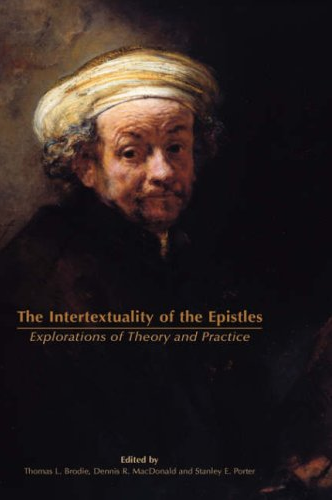
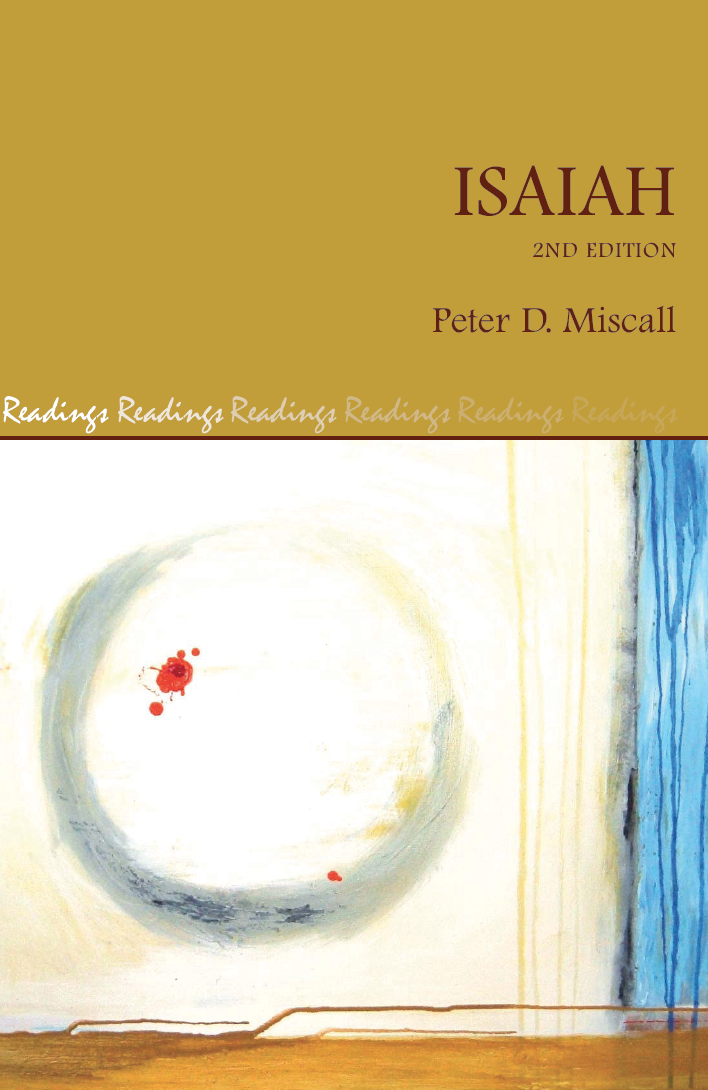

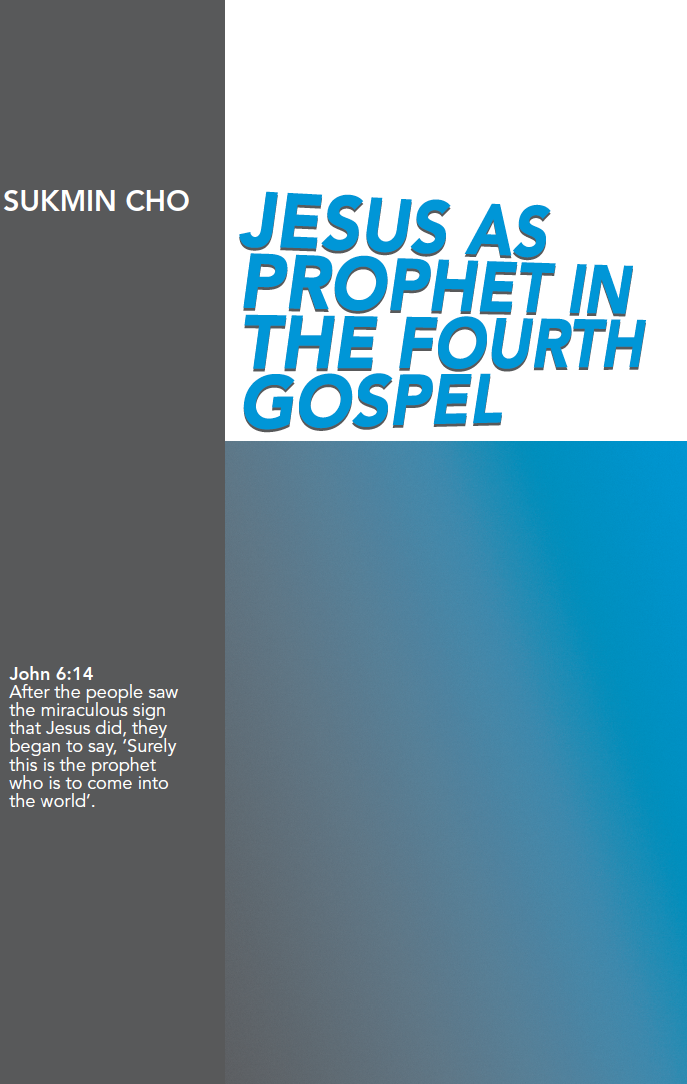
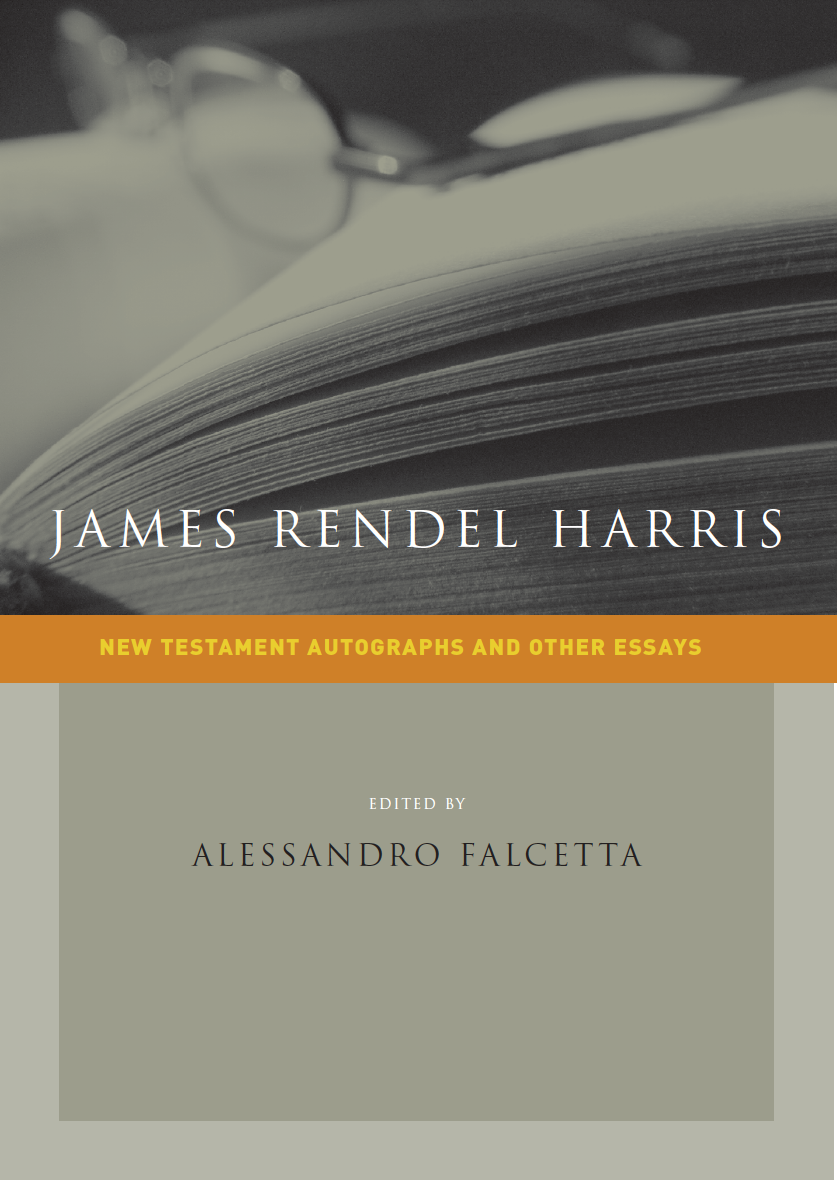

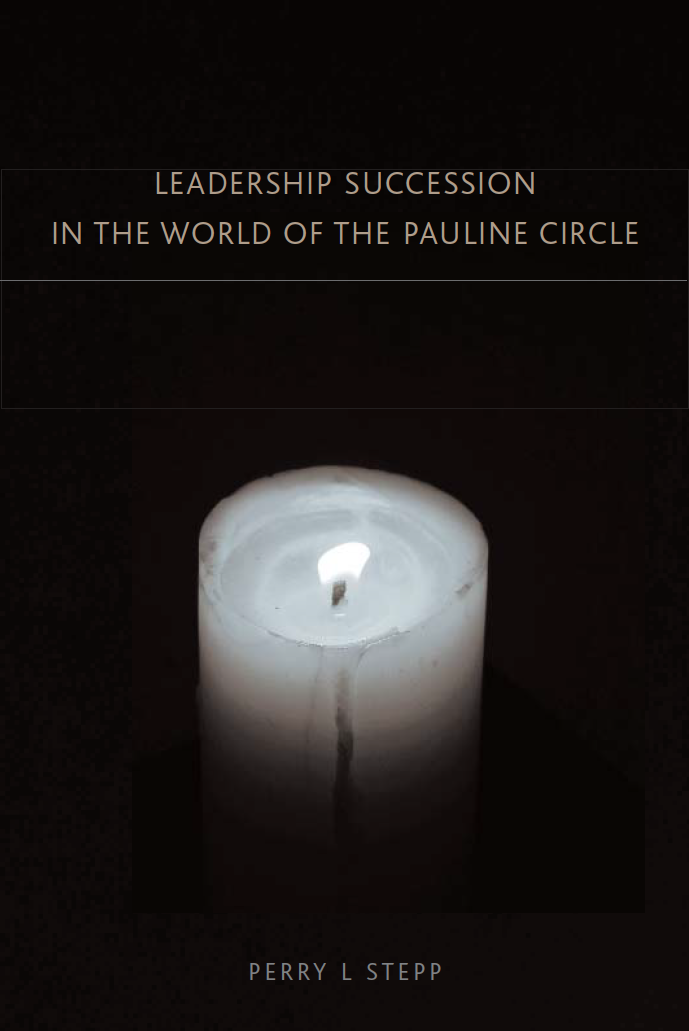
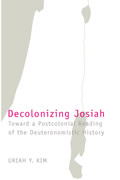
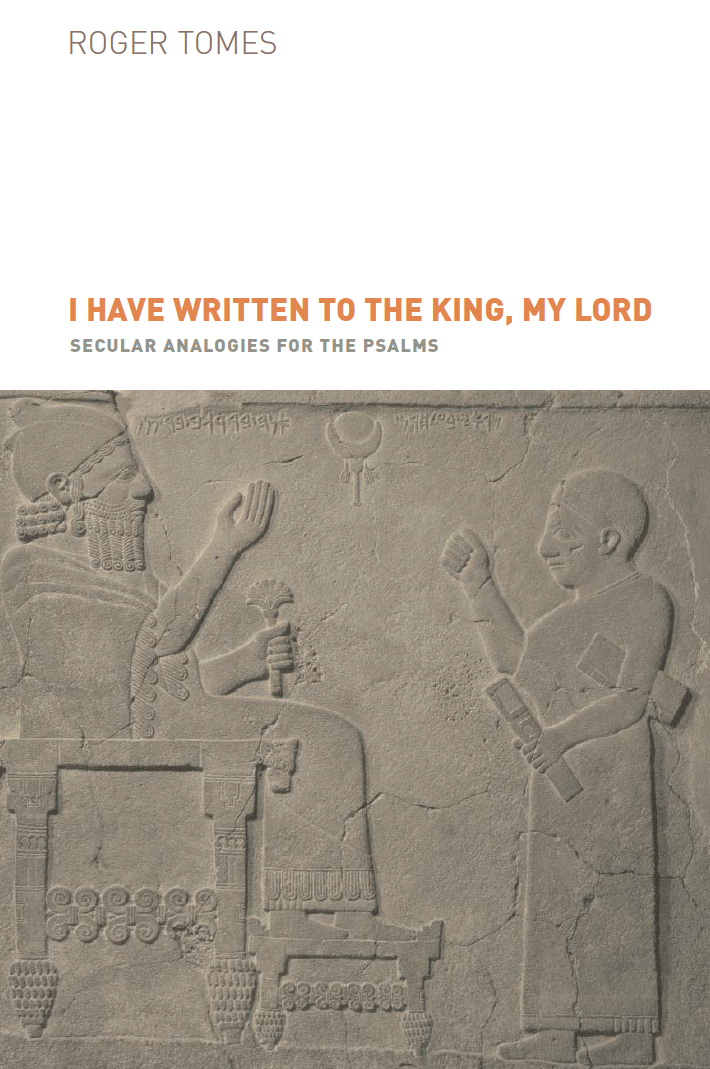




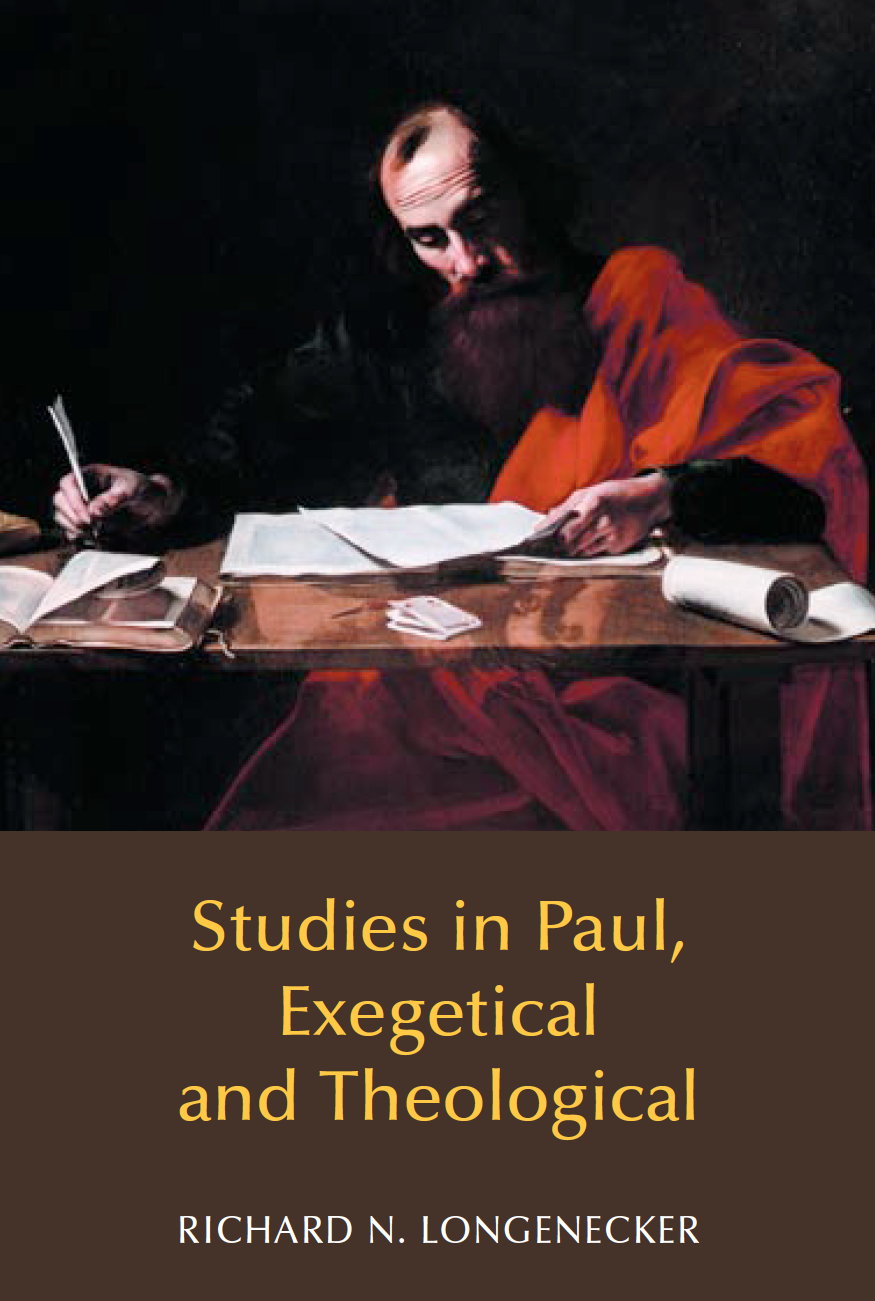
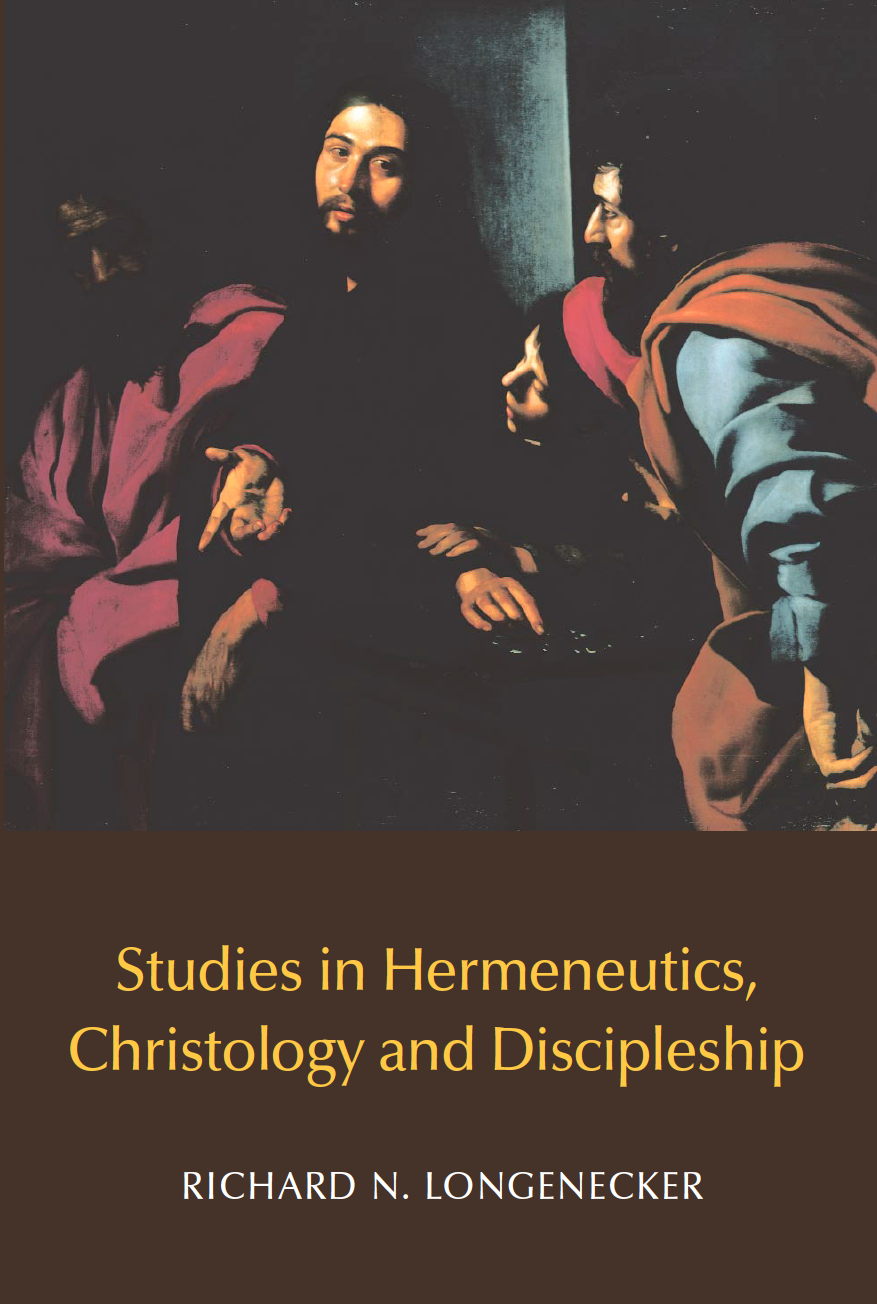


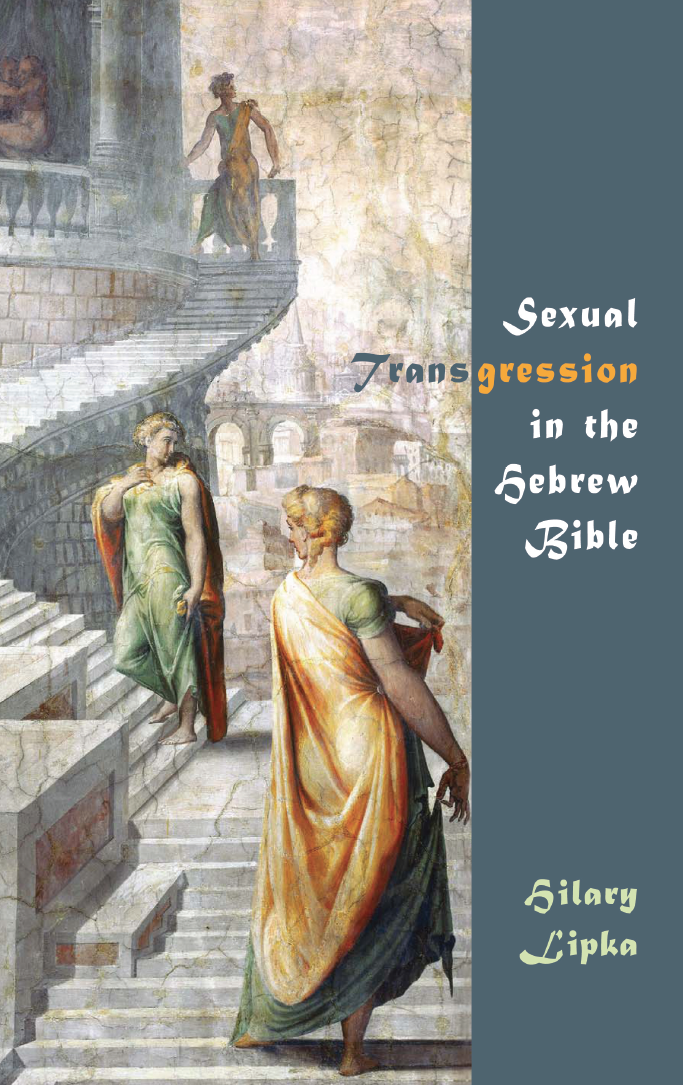
Haggai
Haggai